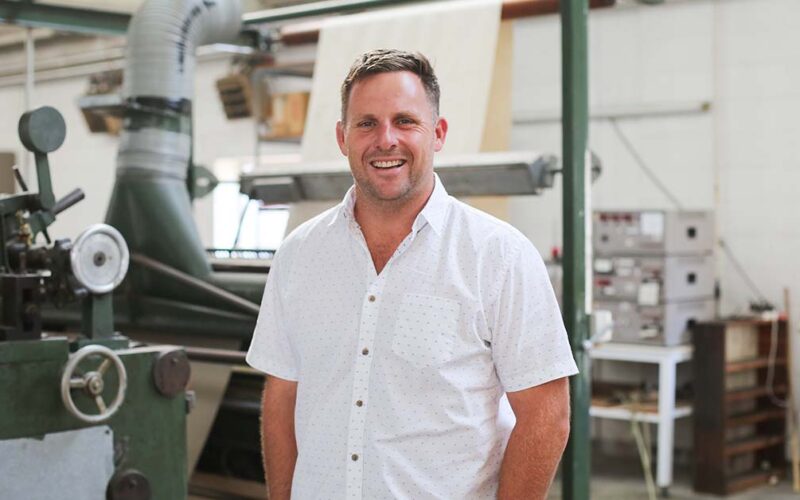Phil Weir is questioning whether he wants a leadership role in New Zealand agriculture.
The Nuffield scholar wrote his dissertation on structuring industry good bodies for the betterment of levy payers, but describes the option of a leadership role at present as “not overly attractive”.
“I’ve been thinking if I want to enter the world of leadership, but it has become so negative, personalised and people are lacking in the ability to respectfully agree to disagree.”
Those who don’t agree with current or proposed legislated changes to the sector are angry and those who want change are also angry, asking why it isn’t happening.
Weir said ordinary farmers in the middle feel they are losing touch with levy bodies that have become politicised.
“At the moment everyone seems to be piling into the policy and advocacy space.”
He questions the appropriateness of this week’s report for Beef + Lamb New Zealand (BLNZ) about the impact on the sector of six years of government environmental policies, saying that while it is factual, it has political overtones.
“Is it right for BLNZ to do that, is it stuff they need to do? That’s the bit that has become quite muddied at the moment.”
The intolerance of people towards anyone airing views that may differ from theirs is also discouraging him from a leadership role as it curbs the ability to have a conversation.
Weir’s Nuffield topic, Restructuring Industry Good for the Future, asked if levy fund organisations should be involved in activities for which they do not have the widespread support of those paying.
“The Commodity Levies Act is a compulsory levy so it ultimate needs to act in areas where there is general consensus.”
He suggested a possible NZ organisation or peak body, Ahuwhenua New Zealand, be formed to take the lead in agnostic primary sector-good activities such as attracting and training people, improving farmers as employers, developing support tools, connection to markets, improving water quality and generic research and development.
He said farmers and stakeholders were confused by levy-funded bodies’ involvement in lobbying, advocacy, knowledge exchange, extension and research and development.
Similar bodies in the United States and United Kingdom decoupled advocacy and extension roles.
Weir said while He Waka Eke Noa was admirable in trying to negotiate a primary-sector-wide agreement on agricultural greenhouse gas emissions, the topic was political and reaching widespread agreement among levy payers was problematic.
“They picked an issue that individually there was never going to be general agreement.”
Federated Farmers and the evolution of groups such as Groundswell show that advocacy groups are there or will emerge as needed.
“When agriculture is pissed off, ginger groups will form and they fund themselves.”






